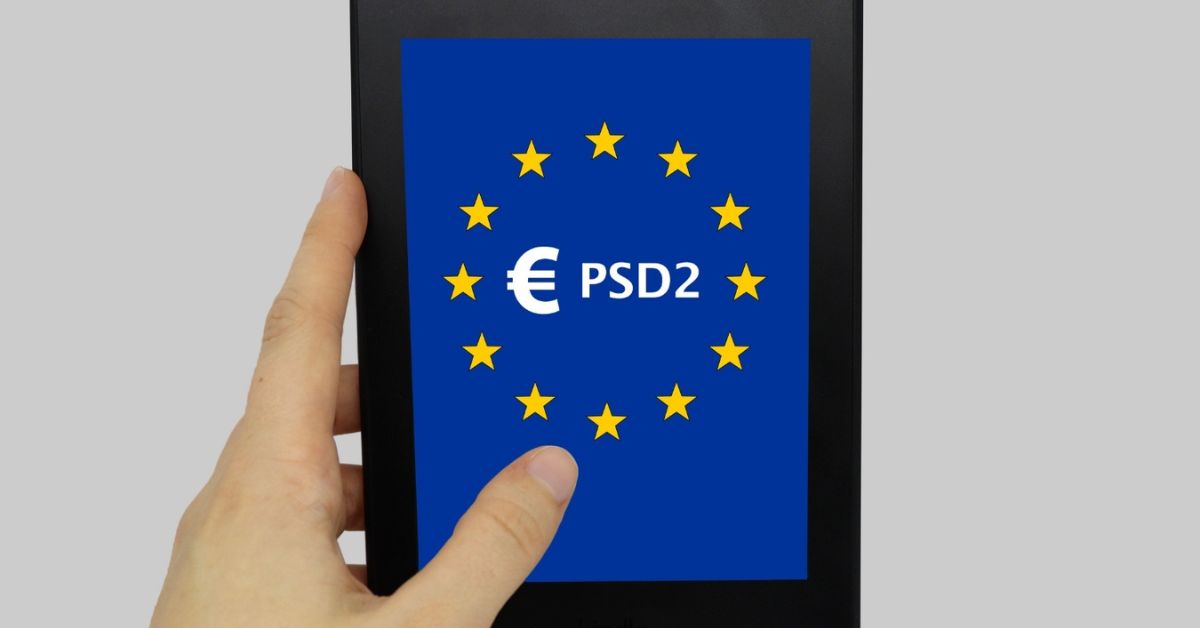Introduction:
In the fast-paced world of digital transactions, ensuring the security of payment information is paramount. For businesses in the cruise industry, where customers often make online reservations and payments, adhering to the Payment Card Industry Data Security Standard (PCI DSS) is not just a regulatory requirement but a crucial step in safeguarding sensitive data. In this blog post, we will delve into the importance of PCI compliance with a specific focus on CruisePay, shedding light on why it matters and how businesses can navigate the waters of secure transactions.
- The Significance of PCI Compliance:
PCI compliance is a set of security standards designed to protect payment card data during transactions. For businesses like CruisePay, which handles credit and debit card information, compliance is not just a legal obligation but a commitment to building trust with customers. Non-compliance can lead to severe consequences, including financial penalties, loss of reputation, and the potential for data breaches.
- Understanding CruisePay:
CruisePay, as a payment system specific to the cruise industry, plays a pivotal role in facilitating seamless transactions for customers looking to book their voyages. It involves the processing of sensitive payment information, such as credit card details and personal data, making it a prime target for cyber threats.
III. Key Components of PCI Compliance for CruisePay:
- Data Encryption:
- CruisePay must ensure that all data transmitted or stored is encrypted, preventing unauthorized access to sensitive information. This involves securing communication channels and employing robust encryption algorithms.
- Access Controls:
- Limiting access to payment data is crucial. CruisePay should implement strict access controls, ensuring that only authorized personnel have the necessary privileges to handle sensitive information.
- Regular Security Audits:
- Conducting regular security audits and assessments is essential for identifying vulnerabilities. CruisePay should continuously monitor and update its security measures to stay ahead of potential threats.
- Secure Network Infrastructure:
- CruisePay’s network infrastructure must be secure and protected against external threats. Firewalls, intrusion detection systems, and other security measures should be in place to create a robust defense against cyber attacks.
- Incident Response Plan:
- In the event of a security breach, CruisePay should have a well-defined incident response plan. This includes protocols for containing the breach, notifying affected parties, and implementing corrective actions to prevent future incidents.
- Benefits of PCI Compliance with CruisePay:
- Customer Trust:
- By demonstrating a commitment to PCI compliance, CruisePay builds trust with customers who feel secure in providing their payment information.
- Legal Compliance:
- Adhering to PCI DSS ensures that CruisePay complies with legal and industry regulations, avoiding potential fines and legal repercussions.
- Business Continuity:
- PCI compliance protects CruisePay from data breaches that could disrupt operations and damage the company’s reputation.
Conclusion:
In the ever-evolving landscape of digital transactions, PCI compliance is not an option but a necessity for businesses like CruisePay. The implementation of robust security measures not only safeguards customer data but also contributes to the longevity and success of the business. As the maritime industry sails into the digital age, understanding and prioritizing PCI compliance with CruisePay is a voyage toward a secure and trustworthy future.
#PCIDSS
#PaymentSecurity
#CruiseIndustry
#SecureTransactions
#DataProtection
#CyberSecurity
#DigitalPayments
#CruisePay
#PCICompliance
#CustomerTrust
#InfoSec
#BusinessSecurity
#SecureBooking
#DataEncryption



